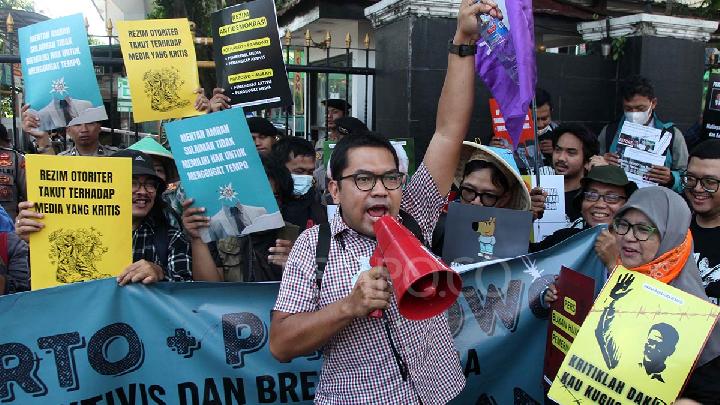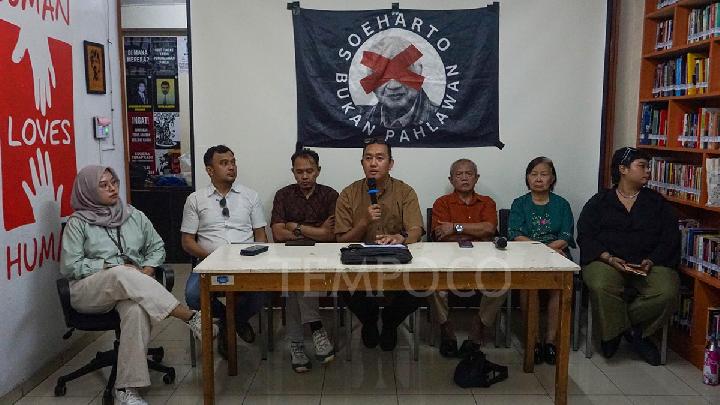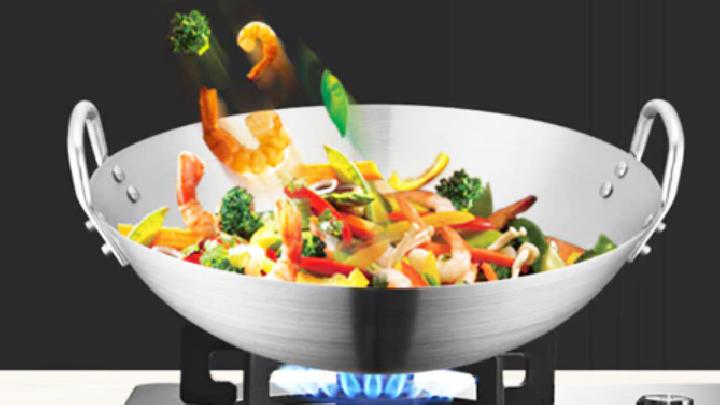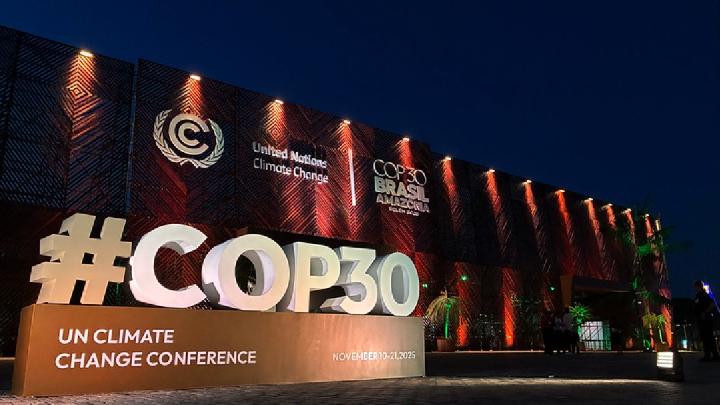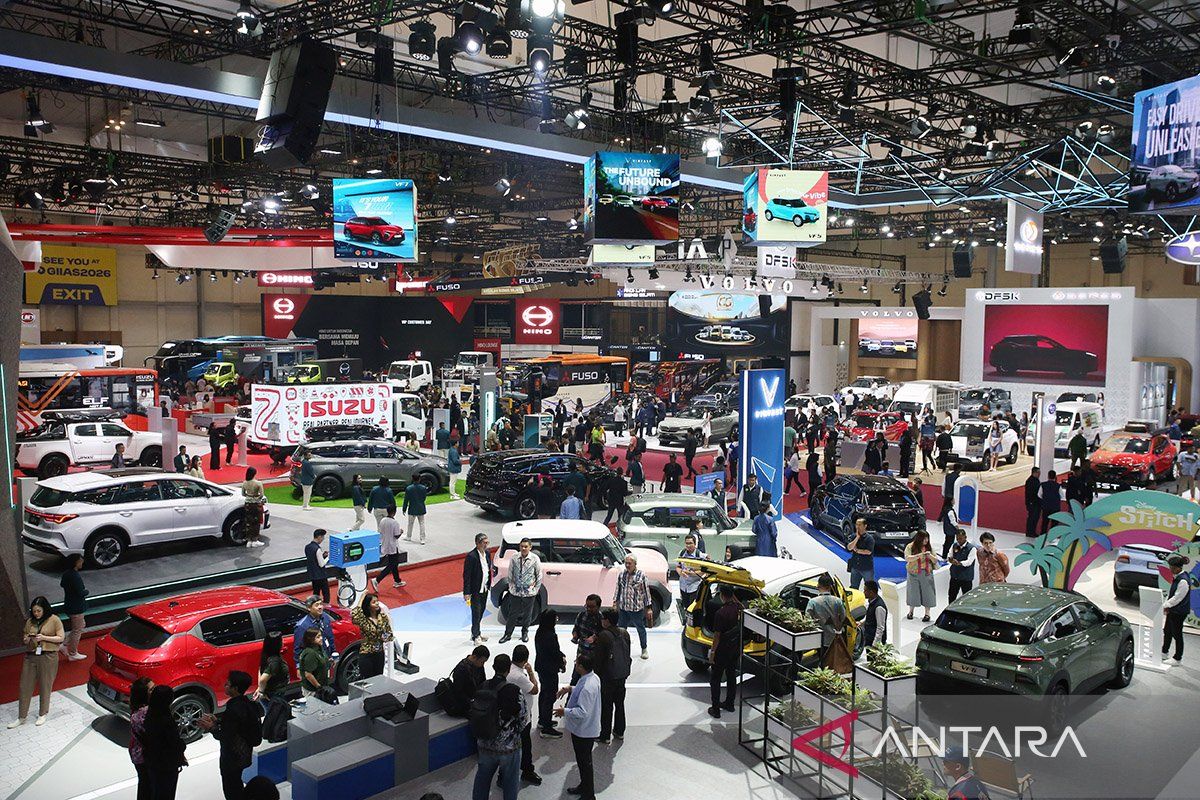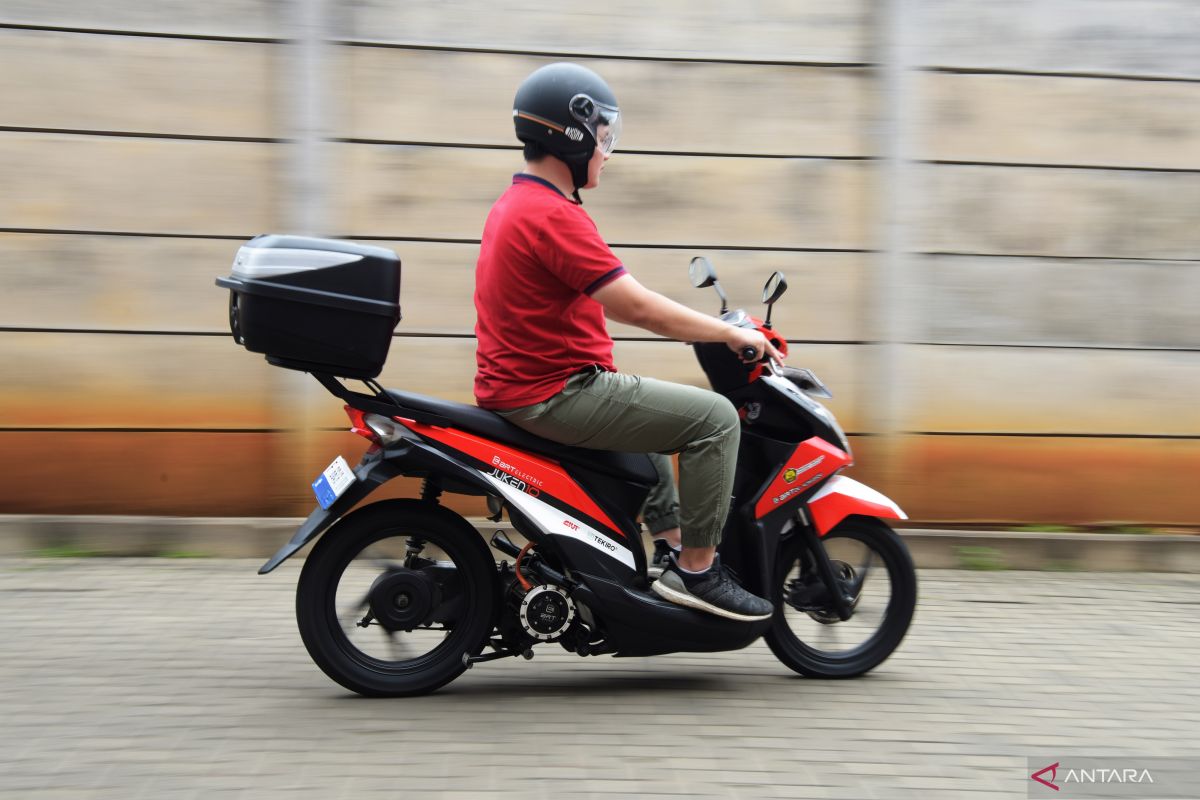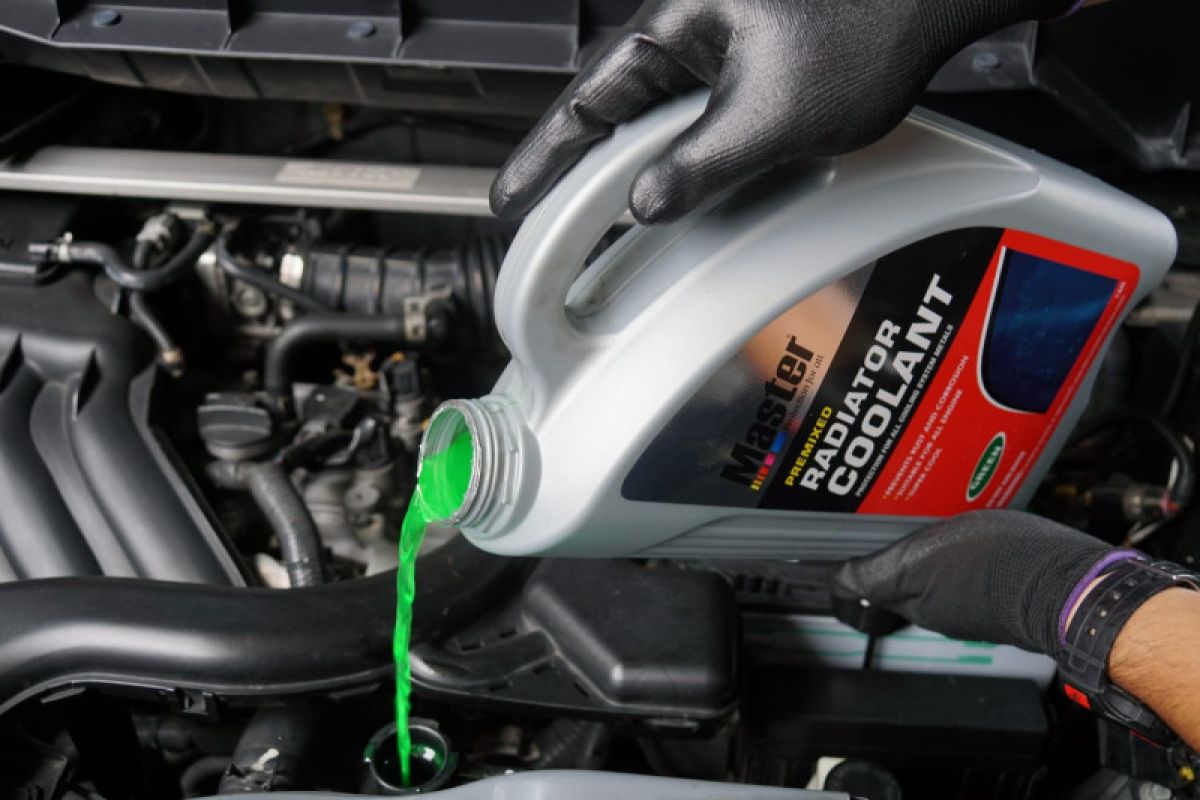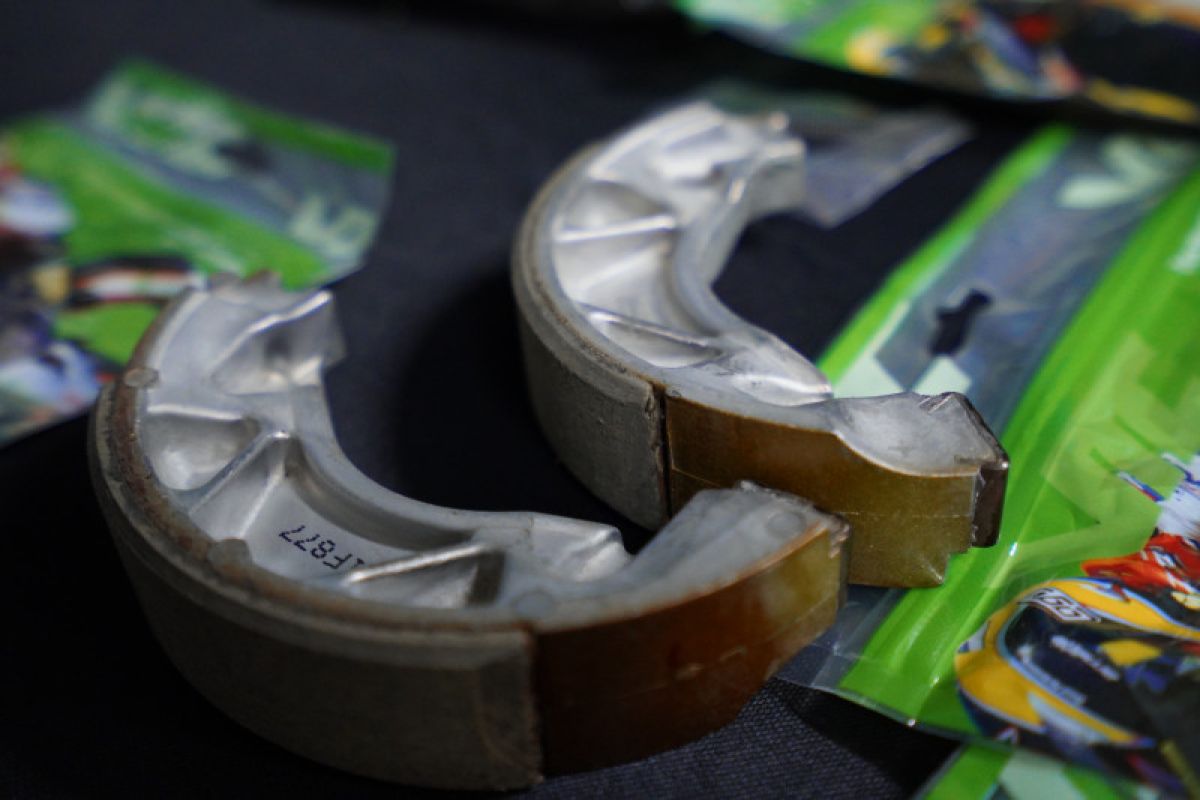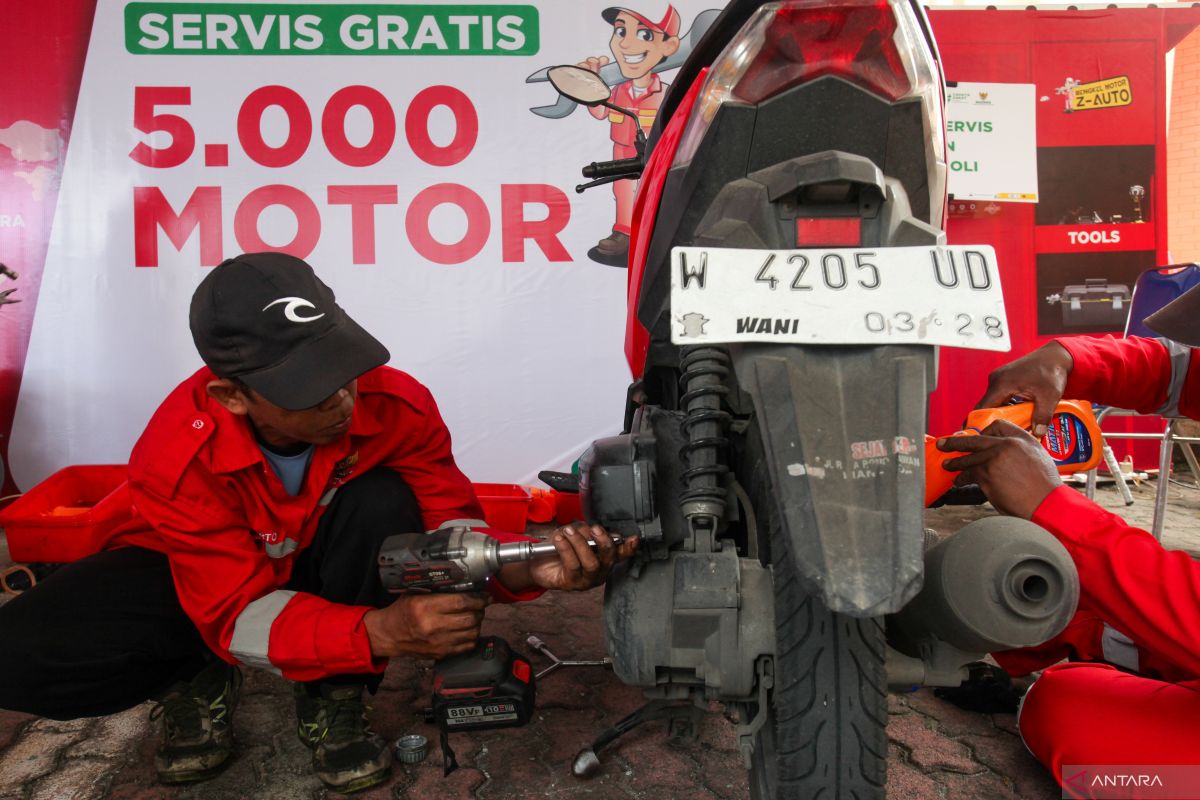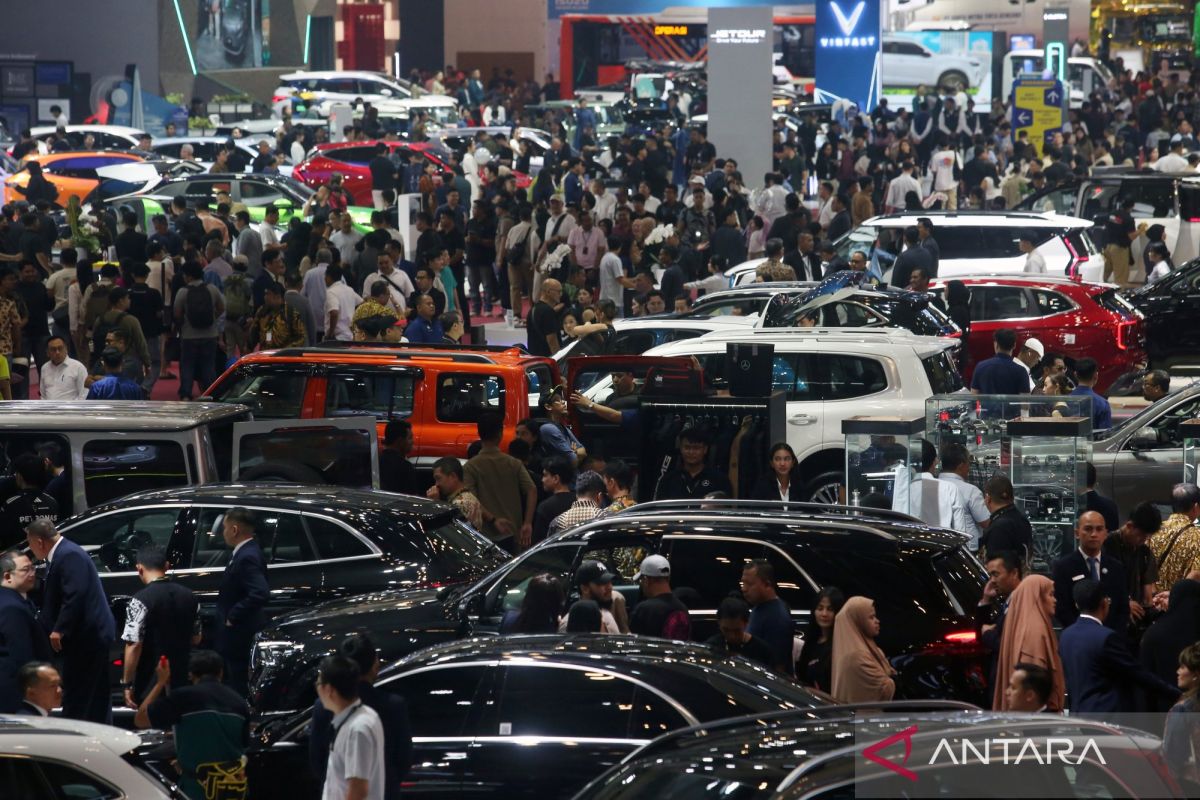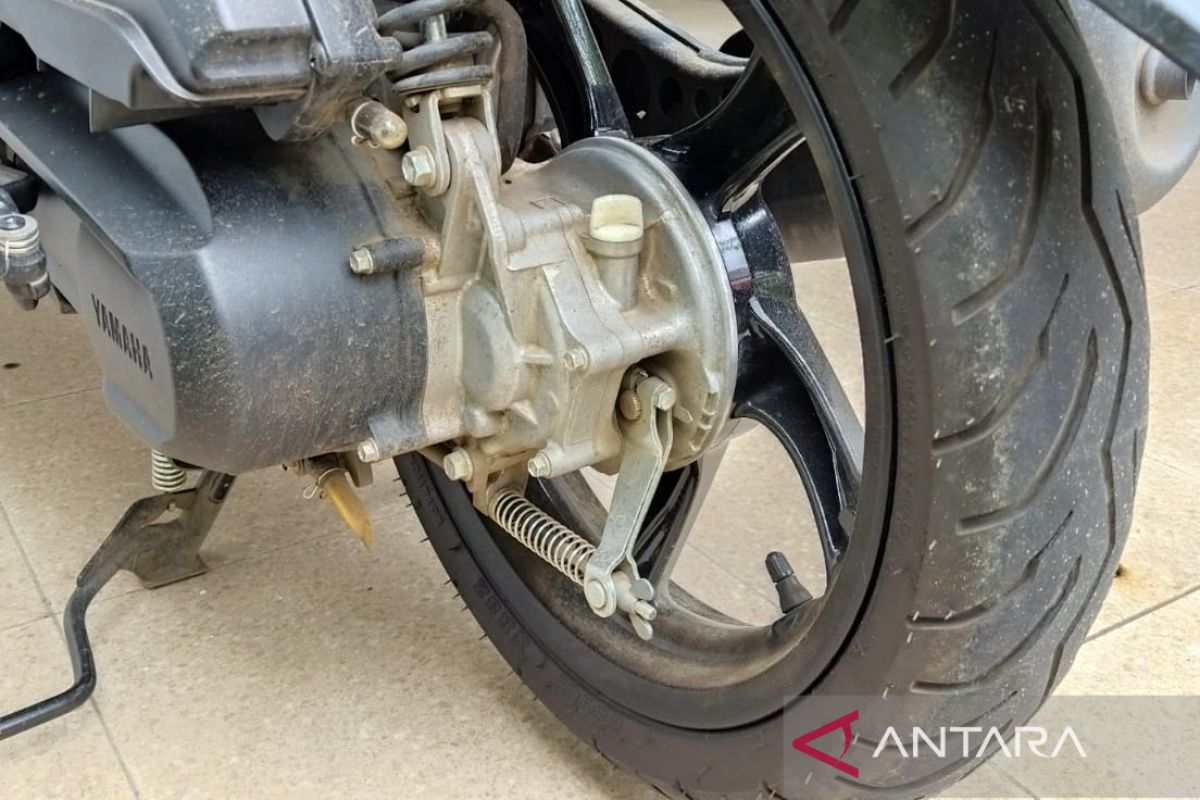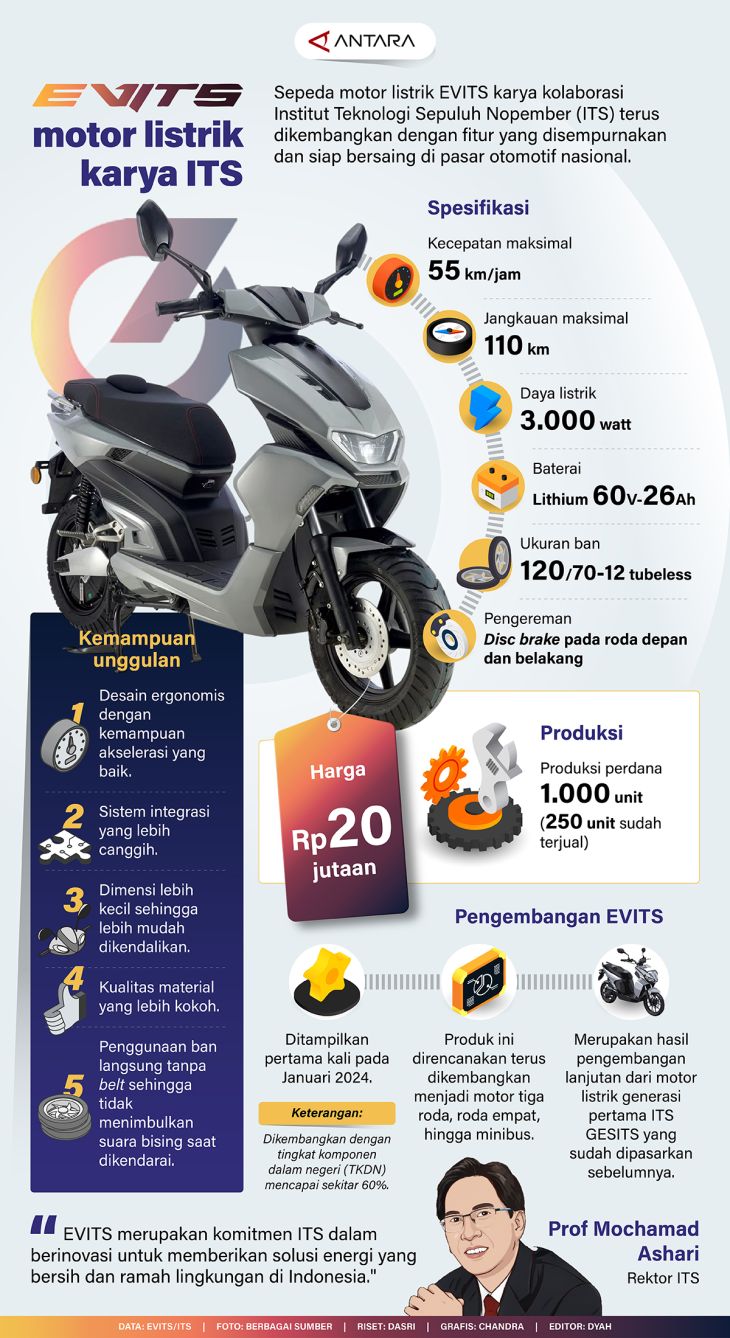TEMPO.CO, Jakarta - The Ecological Observation and Wetland Conservations (Ecoton) researchers tested the quality of water from 12 different points in Malang, Indonesia, on Wednesday, November 5, 2025, including groundwater, surface water, boiled water, and tap water. The results showed that 11 water samples were contaminated with microplastics ranging from 1 to 7 particles, consisting of film/filament and fiber types.
The filament microplastics originated from degraded plastic fragments from plastic bags, while the fiber microplastics came from synthetic clothing such as polyester. The fiber microplastic particles are released when washing clothes and subsequently contaminate the water consumed by the people of Malang.
"Physically, exposure to microplastics can adversely affect health, such as damaging lung tissue, the liver, and the immune system," said Ecoton researcher Rafika Aprlianti during the 'Building Legal Awareness Through Microplastic Disaster' talk show at the Widyagama University Malang.
The tested water was collected from the participants of the talk show, where approximately 100 enthusiastic students were encouraged to reduce the use of single-use plastics such as bottled water, various sachet-packed toiletries, plastic bags, and disposable plastic bags.
Ecoton, in collaboration with the Society of Indonesian Environmental Journalists (SIEJ), conducted a study on microplastics in 18 cities in Indonesia. The research was carried out from May to July 2025, a period transitioning towards the dry season, with relatively low rainfall and more stable atmospheric conditions. This allowed microplastic particles in the air to persist longer without being dissolved or washed away by rain, making the ambient air concentration more representative," said Rafika.
The research was conducted in North Aceh Regency, Palembang City, Jambi City, Central Jakarta, South Jakarta, Bandung City, Semarang City, Solo City, Surabaya City, Sidoarjo Regency, Malang City, Denpasar City, Gianyar Regency, Kupang City, Sumbawa City, Pontianak City, Palu City, and Bulukumba Regency.
The highest concentration of microplastics was found in Central Jakarta, with 37 particles detected within two hours. The sampling locations included Tanah Abang Market, Katedral Sawah Besar Street, and the Ragunan Area. Meanwhile, the lowest concentration was found in Malang City, with only two particles detected within two hours of sampling. The sampling locations included Lowok Hamlet, Jatirejo Hamlet, Pakisaji District, and Kiduldalem Village.
Ecoton Campaign Coordinator, Mochammad Alaika Rahmatullah, stated that microplastics released into the air originate from various human activities involving single-use plastics or materials derived from the polymers that make up single-use plastics, including domestic activities, transportation, industrial processes, and construction. These findings confirm that air microplastic pollution is complex and comes from various human activities.
Furthermore, very small particles, including nanoplastics, can penetrate the alveolar-capillary barriers, enter the bloodstream, and be carried to various organs in the body. Once in the bloodstream, these particles can trigger systemic immune responses, affect metabolism, and even penetrate the blood-brain barrier, potentially causing neurotoxic effects.
"These findings confirm that the abundance of airborne microplastics is strongly influenced by human activity intensity and the lack of vegetation, especially in urban areas. Microplastics have the potential to be inhaled and cause health disturbances due to carrying harmful chemical compounds," he added.
Therefore, comprehensive control measures are needed, such as restricting single-use plastics, regulating vehicle emissions, environmentally friendly waste management, and expanding green open spaces. It is also necessary to educate the public and strengthen research-based air monitoring systems to effectively and sustainably control microplastic pollution.
Environmental Law Lecturer at Widyagama University Malang, Purnawan D. Negara, urged the Malang City Government to issue local regulations restricting single-use plastics. 22 cities/regencies in East Java have already imposed regulations limiting the use of single-use plastics. "If policymakers allow microplastics, they are essentially fostering a disaster, as microplastics disrupt the food chain, interfere with health, and therefore must be controlled," he said.
Editor's Choice: Jakarta to Operate Rorotan RDF Facility to Combat Microplastic Pollution
Click here to get the latest news updates from Tempo on Google News





